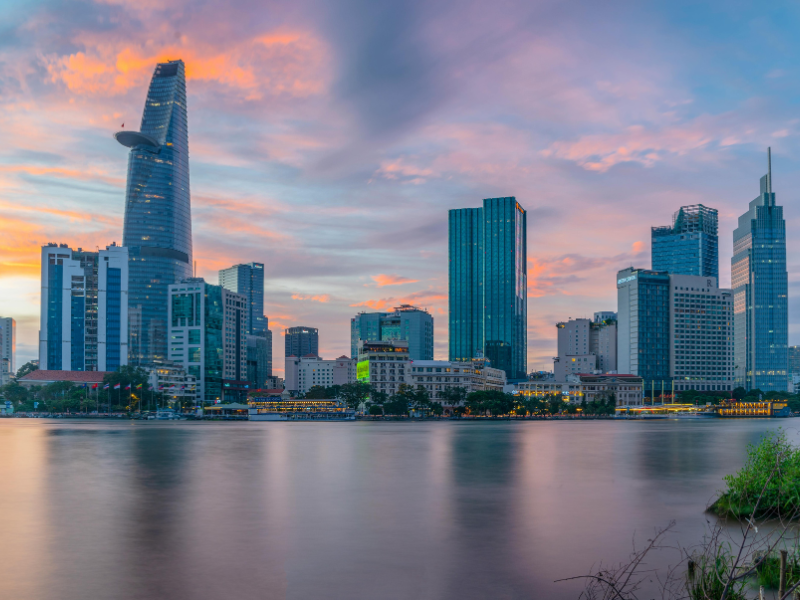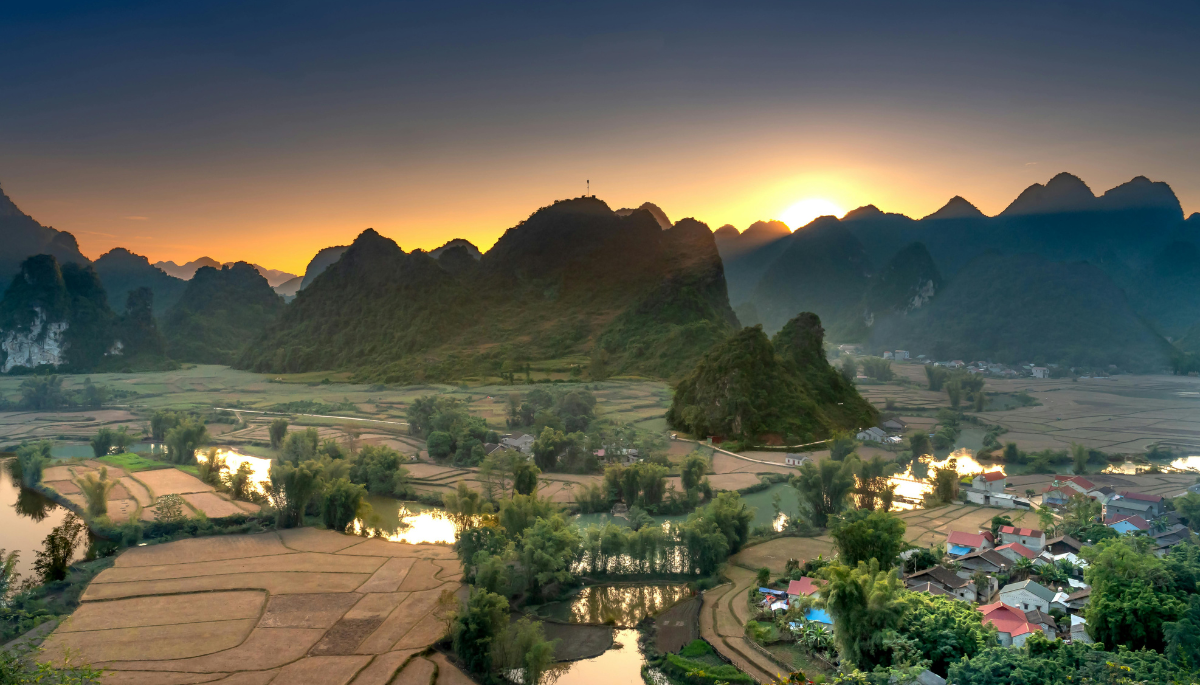Overview
Vietnam is a socialist nation located on Southeast Asia’s eastern edge of the mainland. With a population of over 100 million, it is the 15th most populated country in the world. Nepal and Vietnam established a diplomatic relationship in 1975. People often travel to Vietnam for various reasons, the most popular of which are business and conferences. Many countries in the world do not require a visa to travel to Vietnam. However, Nepalese citizens will need a visa to travel to Vietnam.
The two nations are also involved in foreign trade, constantly trading goods and services. Any Nepalese citizen with a valid visa can apply for a Vietnamese visa. In this article, we’ll look into all the aspects of acquiring a Vietnamese visa.
Different Kinds Of Vietnamese Visa
- Tourist Visa: This type of visa is applicable and intended for Vietnam’s tourism prospects. Usually, visitors have 30 days of validity with a single and multiple entry option. It is also the most popular type of visa most people often get. There are various places in Vietnam where sightseeing and adventure sports are famous; this type of visa is often used at places like these. The requirement criteria of this visa are also minimal, and it is easily granted by the Vietnamese government.
- Business Visa: This type of visa is mostly used by businessmen who attend meetings and conferences in Vietnam. Short-term businesses can also be conducted during the validity of such visas. A business visa is also granted for a longer time period, usually 12 months or less. If you are looking to acquire the longer version of this visa, you will need a sponsorship from the Vietnamese business.
- Student Visa: Many Nepalese students apply for Vietnam’s student visa, which is usually granted for a longer period, usually 2-4 years. However, the document requirements are a bit strict. You need an offer letter from an educational institution in Vietnam. You may also be asked to show proof of accommodation and an adequate bank balance.
- E-Visa: An electronic visa, also known as an e-visa, can be acquired online through the official Vietnamese government visa website. You must confirm whether Nepali citizens are eligible for an E-visa, as the government periodically updates this information.
- Work Visa: This is a rare visa type, as most Nepalese citizens do not usually travel to Vietnam to work there. However, it is generally granted for 4 years and has strong document requirements.
Visa Applying Process For Vietnam
- Identify your visa type: You can apply for a visa in three different ways. The first and most popular method is to visit the Vietnam embassy or consulate and submit your visa application and required documents in person. Another way is through the Internet, where you will apply for an E-visa. Check your eligibility at the Vietnam Immigration Portal. For this method, apply online and pay the visa fee directly. The last kind of visa is Visa On Arrival, and it is available only for air travelers who have a transit at an airport in Vietnam.
- Gather all the required documents: The second step is to gather all the required documents for the visa application process. This includes your passport, recently taken photos, bank statements, and proof of booking. You may also need a sponsorship if you’re applying for a business or a student visa. Be sure your documents are valid and ready beforehand.
- Submit your application: Once you’ve finished gathering your documents, submit your application according to the type of visa you want. For a normal type of visa, you can submit the application at the embassy or consulate. For an E-visa, submit the documents at their respective website.
- Gather your visa: If you’re applying from an embassy, collect your visa on the designated date. For E-visa, download the visa approval from the website’s portal. Upon arrival, stamp your visa at the airport for Visa On Arrival.

Some Useful Tips:
Start your application process earlier:
If you’re traveling to Vietnam, start your application process before the trip. It is advised to start the application process 2-3 weeks before. This will save you time, and you can better prepare for the worst-case scenario. Visa processing will also take some time, so be prepared for that, too.
Check for visa validity and get an insurance:
Before traveling, ensure that visa details, such as the entry and exit dates, are correct. Also, double-check whether you have multiple entries. These tips will ensure you have a safe and sound trip to Vietnam.


0 Comment